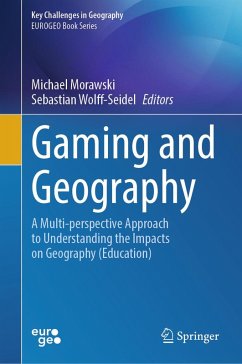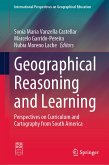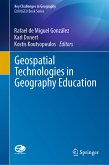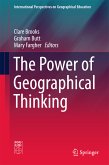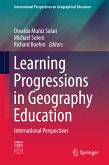Through a multi-perspective lens, the book examines how video games can facilitate the exploration of geographic questions and act as catalysts for critical discourses. Scholars shed light on the geographies presented in video games, including their representations, spatial images, and policies. By viewing video games as cultural and critical geography practices, the authors enrich the political, socio-cultural, and critical geographies associated with this medium.
A key argument of the book is that video games can foster systemic competence and networked thinking, particularly in addressing complex socio-ecological challenges like climate change and migration. In contrast to traditional geography classes, digital games provide valuable simulations of complex systems, enhancing students' understanding and skills. The book also explores other possibilities such as digital field trips and language support to enhance the educational experience.
"Gaming and Geography (Education)" offers a compelling narrative that highlights the diverse roles video games can play in geographic education. By exploring the intersection of gaming and geography, this book deepens our understanding of this dynamic relationship and its impact on critical geographies within the realm of video games.
Dieser Download kann aus rechtlichen Gründen nur mit Rechnungsadresse in A, B, BG, CY, CZ, D, DK, EW, E, FIN, F, GR, HR, H, IRL, I, LT, L, LR, M, NL, PL, P, R, S, SLO, SK ausgeliefert werden.

